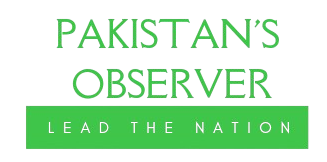Islamabad: Pakistan Muslim League (N) leader Rana Sanaullah held a press conference today, sharply criticizing the Pakistan Tehreek-e-Insaf (PTI). He said that Aleema Khan had discussed the political benefits of the PTI founder staying in jail and even mentioned poisoning him, adding that such conspiracies were originating from within PTI. Rana Sanaullah stated that people associated with the PTI founder could go to any extent, and facilities were being provided to him according to jail manuals, with propaganda being intentionally spread.
He also criticized PTI’s social media campaign, which continued to spread false narratives, despite rebuttals from all sides, such as the false claim of gunfire in D-Chowk and a post about the ambulance of Palestinian martyrs. Rana Sanaullah highlighted that PTI’s internal conflicts and its struggles with institutions were now evident.
The PML-N leader further stated that Ayaz Sadiq’s foreign visit had caused a delay in negotiations, but these would resume once he returned. The second meeting with PTI’s negotiation committee would also be scheduled soon.
Rana Sanaullah also mentioned that while social media helped PTI become a major political party, it was now contributing to their problems. He stated that PTI was engaged in anti-government propaganda and attempting to create political instability. He asserted that beyond social media propaganda, PTI had no solid evidence to support their claims.
Furthermore, he discussed negotiations, noting that the government had already asked PTI for written demands, to which PTI had agreed to submit after the meeting. He expressed doubt that PTI would provide written demands, mentioning Ali Amin Gandapur’s widespread contacts.
Rana Sanaullah also raised concerns about the £190 million issue, suggesting that it had been delayed due to negotiations but emphasized that there was no connection between the negotiations and the case.
Finally, he commented on the role of PPP (Pakistan Peoples Party), stating that while PPP was engaging in its own political activities, it had the right to be involved in government decisions.








